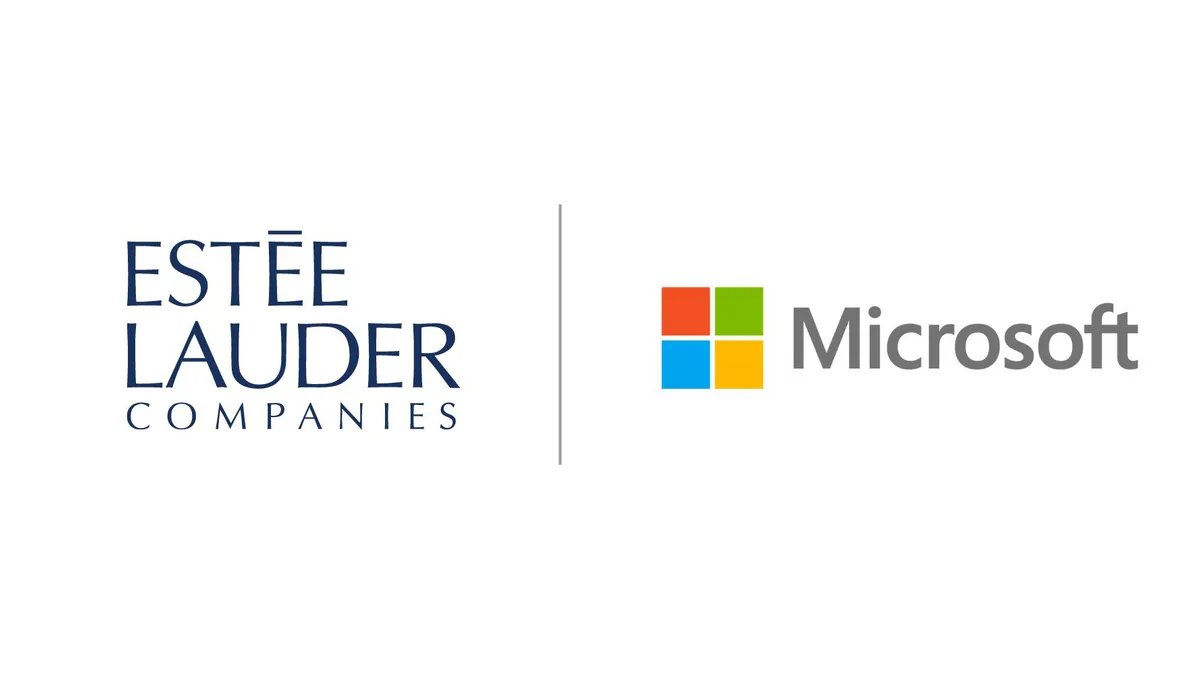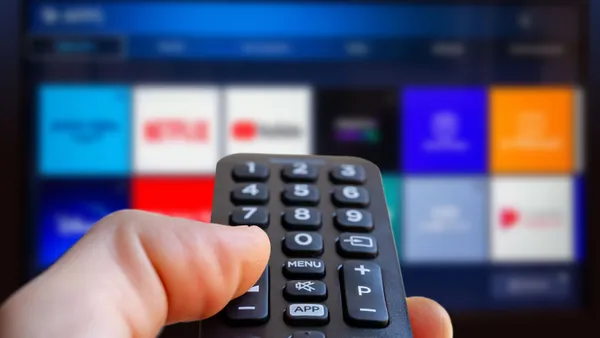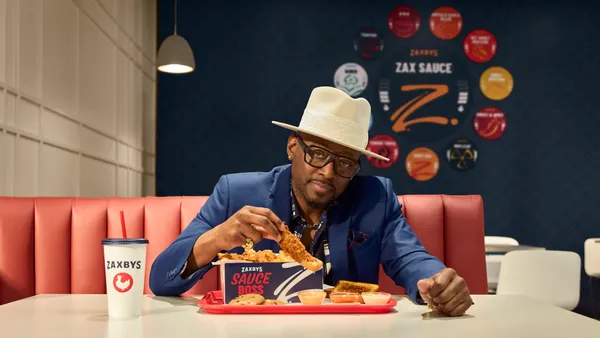Dive Brief:
- The Estée Lauder Companies and Microsoft Corp. on April 26 expanded a global strategic partnership with the launch of an artificial intelligence (AI) innovation lab that leverages the generative AI capabilities of Microsoft's Azure OpenAI Service, per a press release.
- The companies have created an internal-facing generative AI chatbot that seeks to enhance marketing effectiveness for local campaigns around emerging trends and are employing generative AI tools during product development to respond to trends faster.
- The partnership demonstrates how brands are collaborating with tech giants to develop generative AI capabilities. Separately, Microsoft today (April 29) announced that it is making its Copilot AI companion in its advertising program generally available to all advertisers.
Dive Insight:
Estée Lauder's expanded relationship with Microsoft looks to use generative AI to help the beauty marketer's 20-plus brands build stronger connections to consumers. A previously created tool uses the marketer's proprietary database of product and claim data, allowing its brands to quickly launch locally relevant campaigns.
“At ELC, technology is always in support of our enduring strengths of high-quality products and high-touch consumer experiences,” said Jane Lauder, the company's executive vice president, enterprise marketing, and chief data officer, in the release.
Estée Lauder and Microsoft began their relationship in 2017. As part of the long-term partnership, the marketer leveraged Azure AI for its Voice-Enabled Makeup Assistant mobile app that launched last year.
Microsoft is not Estée Lauder's only tech partner: The marketer last year deepened its relationship with Google Cloud to include more applications of generative AI, including using Google Cloud’s Vertex AI platform to streamline its internal operations and monitor consumer feedback across social media and call centers.
Microsoft continues to team with major marketers and publishers as it looks to build on generative AI ambitions that are the focus of the broader tech landscape. The company last week expanded its strategic partnership with Coca-Cola with a $1.1 billion commitment intended to accelerate the beverage giant's generative AI capabilities.
Microsoft's expansion of Copilot will let all advertisers on the Microsoft Advertising Platform access an AI tool that is intended to help marketers more easily and efficiently create campaign materials, like other tools launched by competitors Google and Meta. Multimedia ads in its chat function have seen three-times the click-through rates compared to traditional search engine results pages, per a blog post by Kya Sainsbury-Carter, corporate vice president of Microsoft Advertising.
Additionally, Microsoft today announced an expanded relationship with publisher Axel Springer. As part of the deal, the publisher will adopt Microsoft Advertising as its ad server in the U.S., pilot new AI-driven chat experiences, extend its use of Azure AI capabilities for AI innovation and more. Microsoft last year began experimenting with new ways of sharing advertising revenue with publishers through its AI-powered Bing Chat. Generative AI is the latest tech development to put pressure on publishers, a key part of the ad ecosystem that continues to contract.
Microsoft last week announced that revenue had increased 17% during its most recent fiscal quarter, driven by 23% year-over-year revenue growth of its Cloud business. Microsoft Copilot and Copilot stack are "orchestrating a new era of AI transformation," said Satya Nadella, chairman and chief executive officer of Microsoft, in a statement around the earnings.















